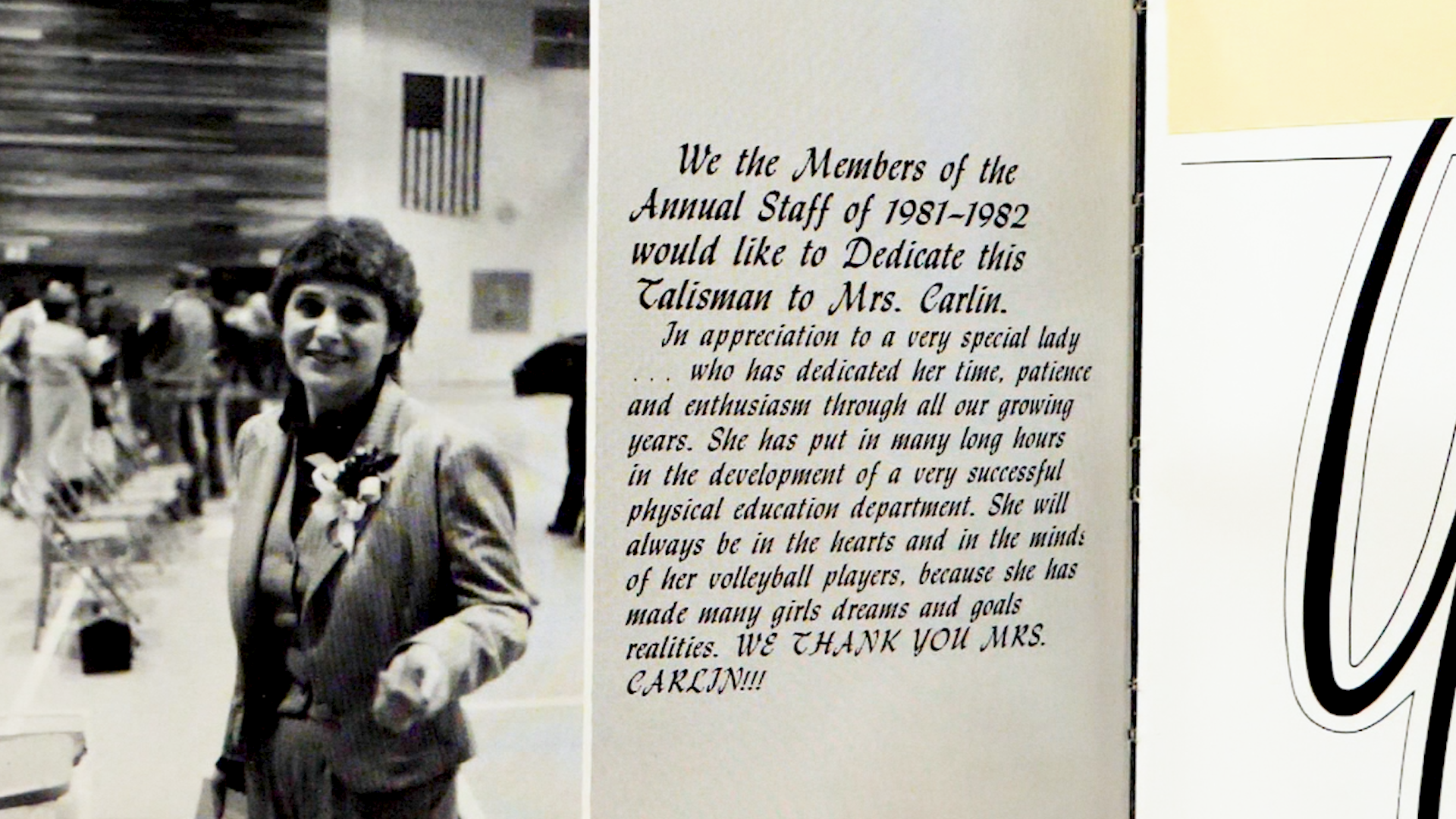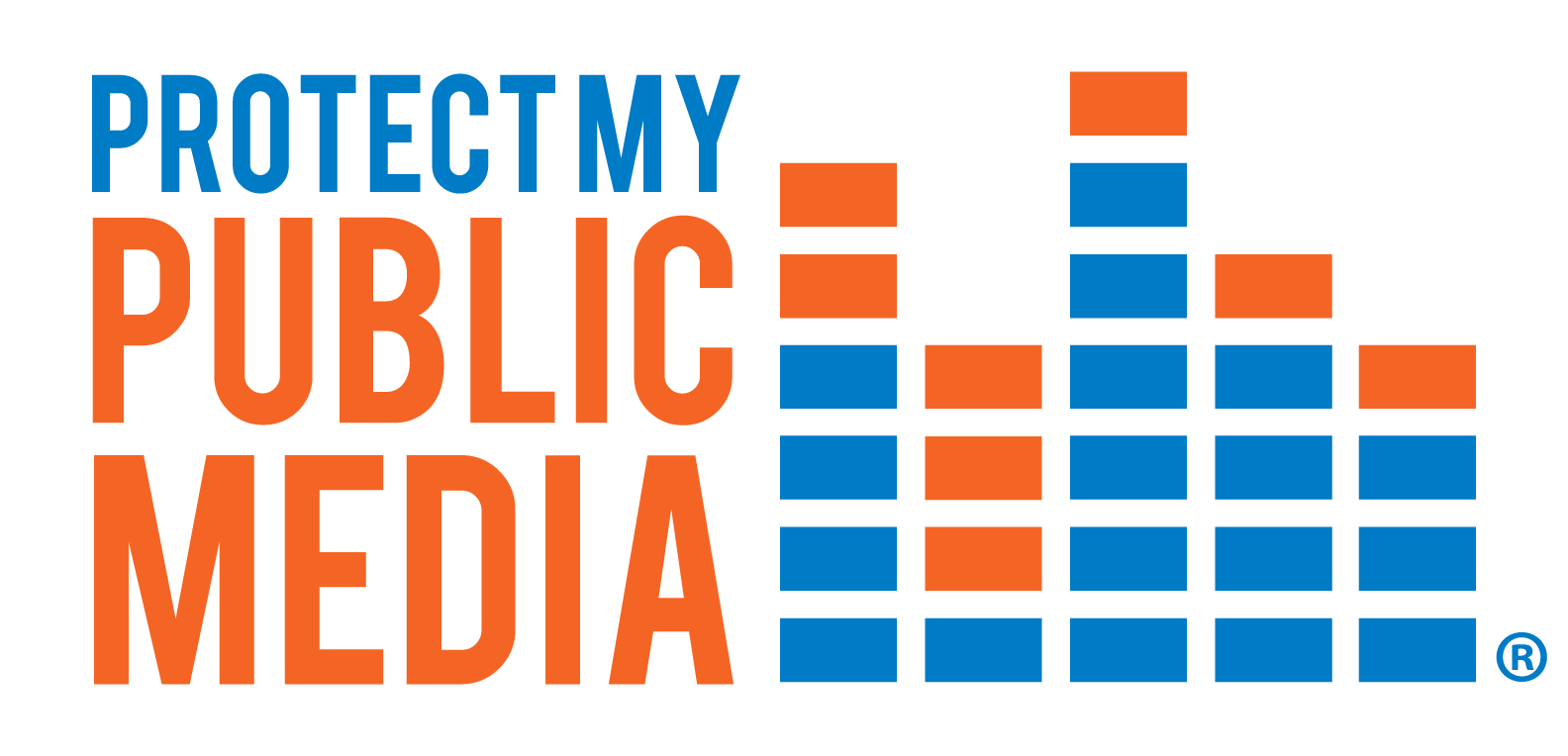At the time, Avery Koenen was a junior at Montevideo High School and played forward or post. "We lost our first one; we played the number one seed. We gave a good fight at least. And then we won our second one to go to the consolation championship and then we lost our third one," Koenen said. "We played three games in a row which takes a toll on your body and it's tiring. But it was super fun."
She said that it was great for her and her teammates to realize this goal that they've been working towards. "It's always been just like a team goal we've always wanted. So just to like finally see it pay off it was just super amazing."
When I interviewed Keely Foley, she was a senior and is now off to Minnesota State Fergus Falls to play basketball and study sports management. "My dream came true," she said. She played point guard. "It's not just the calling out the plays or any of that, it's making sure everybody's success is like, their success is everybody's success and helping even the younger girls like, it takes a lot to have that patience just to help them succeed and get better," she said.
Both players said they couldn't imagine a life without sports.
"Sports teach you a lot about like, like I said perseverance and just teamwork and leadership," Koenen said. "My grandma, I remember talking about, her growing up she said that she wishes she could always have played sports. She wishes she could have played volleyball but she could only do that in gym class. So just being able to do that is just something I'm grateful for."
Anthony Jackson has been the Montevideo High School women's Varsity basketball coach for two years. He's also an English teacher. "I think Title IX has been a fantastic positive influence in athletic programs all throughout the country. And I think every single year that we give everybody an equal opportunity to play whatever sport that they happen to be interested in just allows us to inch forward and and become as close to a society that we are are hoping to become."
Coaching plays an important role in gender equality in women in sport. In 2018, Dr. Nicole LaVoi and Matea Wasend wrote a report for the Tucker Center for Research on Girls & Women in Sport on female coaches coaching female athletes. The Tucker Center is the first research center in the world dedicated to the academic study of girls and women in sport. Their report explains that in 2018 — when the report was written, — female sports participation was at an all time high: 43% compared to 3% pre-Title IX. But that surge isn't reflected in female coaching. In 1972, 90% of collegiate female athletes were coached by women, and now, women make up about 40% of all head coaches of women's teams and 4.6% of head coaches of men's teams.
So why did this happen? Dr. LaVoi basically broke it down like this: pre-Title IX, there weren't very many athletics in schools for girls and women, and the ones that did exist were primarily, 90%,, coached by women who were usually unpaid.
"It wasn't lucrative. You had no power, you're doing it because you loved it," Dr. LaVoi said.
Then Title IX happened. Athletic programs for girls and women were added, money flooded into girls' and women's sports and now coaches were paid. But all of a sudden, men were interested in these positions and were hired for them. This was because of many reasons. One was a social construct of who is seen as a "coach" and who is seen as the "best coach." Dr. LaVoi and Wasand report puts it this way: "What it means 'to coach' — being assertive and in control, aggressive, ambitious, confident, dominant, self-confident, forceful, self-reliant and individualistic — are characteristics typically associated with men and masculinity. This identity of the ideal/best coach is reinforced by society and the media, where coaches are constructed heroes and the male coach is a symbol and ultimate expression of the idealized form of masculine character."
But in an article written for Forbes, Kim Elsesser argues, "many of the skills associated with being a great coach — leadership, communication skills, motivation skills, understanding, the ability to get to know each player — could be deemed as stereotypically female." So noodle on those conflicting gender stereotypes.




